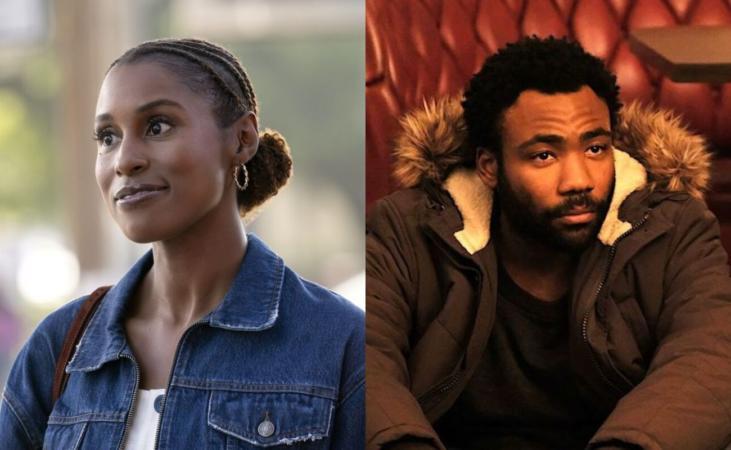As more Black creatives get into the showrunners’ seat, more Black-led shows are featuring vernacular, such as the N-word. While some people might take issue with it, Donald Glover and Issa Rae embrace it.
TV Guide’s Malcolm Venable wrote about the phenomenon this March, citing Rae and Glover’s opinions on the word. “The word is ours,” said Rae, who utilizes the word on HBO’s Insecure. “It’s ours to decide what we do with it.”
The reasoning behind using the word comes from showing all facets of African-American culture, including the part of the culture that uses the word as slang.
“Just like hip-hop artists who decades ago swept that once-unspeakable word into pop culture consciousness, today’s young Black TV-makers are almost uniformly demanding to use it, unconcerned about placating shocked viewers,” wrote Venable. “In conversations with the most celebrated Black writers and producers in the landscape, TV Guide found that as more Black creators get to tell their stories, they’re also asserting their right to speak in authentic language–provoking tough conversations behind the scenes and sometimes rattling skittish network executives.”
“We fought really hard to say that on air because that’s how people talk,” Glover said to TV Guide in 2017. Paul Simms, a white executive producer for the show, was the one who convinced FX to allow Glover and his writing team to use the word on air.
“It ended up being a business-like conversation,” he said to TV Guide. “Getting [network execs] to understand that this was not for shock value or anything but just really trying to be accurate to how these characters talk. It could have gone the other way–people could have been incredibly offended–but I think people saw the show as a whole and understood.”
Of course, Blackness isn’t a monolith, so not every Black showrunner/creator feels the same way about using the N-word. Lena Waithe, for instance, mentioned to TV Guide how she doesn’t usually use it on The Chi, unless it’s to make a point about the traumatic history of the word. But for Rae, the word has transformed into something that she wants to communicate to her audience.
It’s deeply personal for the Black community,” she said to TV Guide in 2018. “I use it with my friends, out of love…I respect whatever anyone thinks about it, except for non-Black people.”
The conversation around the N-word won’t be going anywhere anytime soon, especially since more and more Black creators are getting in the drivers’ seat of their own projects and are making the films and shows that reflect their experiences.
READ MORE:
WATCH: The Cast Of ‘Dolemite Is My Name’ Discuss Making Inclusive Comedy For A Woke Audience
Photo: Getty Images
From Harlem to Hollywood, get the Black entertainment news you need in your inbox daily.

